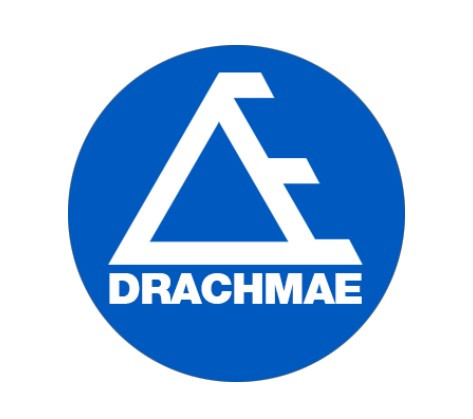Drachmae: Could bitcoin-inspired currency be the answer to Greece's economic woes?

A new system has been proposed to use bitcoin's underlying blockchain technology to solve Greece's economic troubles, while still keeping the country within the Eurozone.
A digital currency called drachmae, backed by the country's assets, would be used to pay government employees and pensioners and begin repaying its creditors.
"If Greece has this many assets, why not back a new digital currency with them rather than undertake a massive fire sale that won't even cover the costs of the debts," Lee Gibson Grant, founder of Coinstructors and one of drachmae's lead advocates, told IBTimes UK. "Not only this but nature of the blockchain would give drachmae much-needed transparency.

"Such a system would be radical, but would tackle Greece's problems regarding a feared run on its banks, inflation of its currency should it revert to the drachma, and eliminate corruption as all transactions and payments can be traced.
"Given the current situation in Greece, the macro-economic implications of this debate are considerable."
Not counting the amount of regulation and red tape that would need to be overcome, Gibson Grant sees resistance from government ministers as the biggest challenge in rolling out a system such as this, claiming that it will "expose all the holes" in Greece's financial system.
Some commentators within the cryptocurrency community have suggested bitcoin could be the answer to Greece's economic crisis but Gibson Grant dismisses it as impractical.
"People in Greece don't have bitcoins and if the government is bankrupt how is it going to buy the bitcoins?" Gibson Grant said. "Just accepting it as a form of currency won't help Greece."
Leading investor Brian Kelly has described drachmae as a "simple and elegant" solution, allowing Greece to monetise its assets and pay government employees, while an online discussion to discuss the benefits and potential pitfalls of rolling out drachmae is set to take place on 20 May.
© Copyright IBTimes 2025. All rights reserved.






















